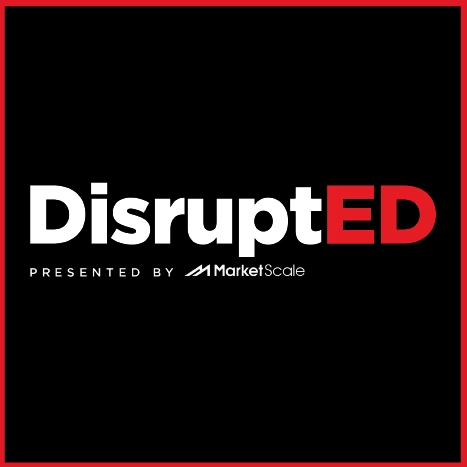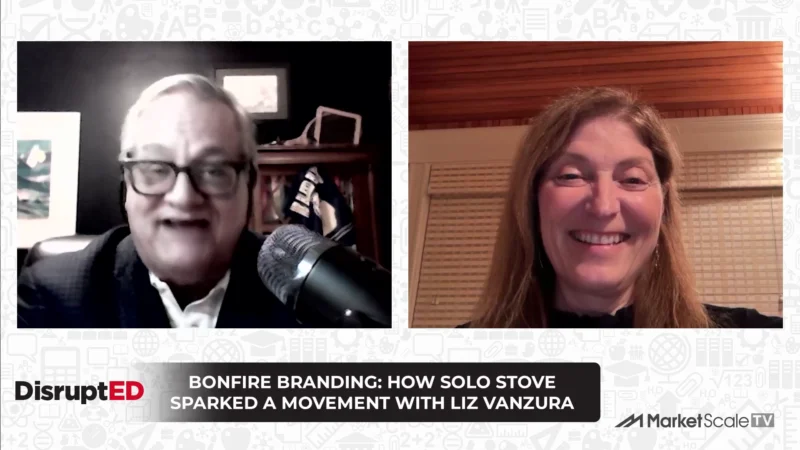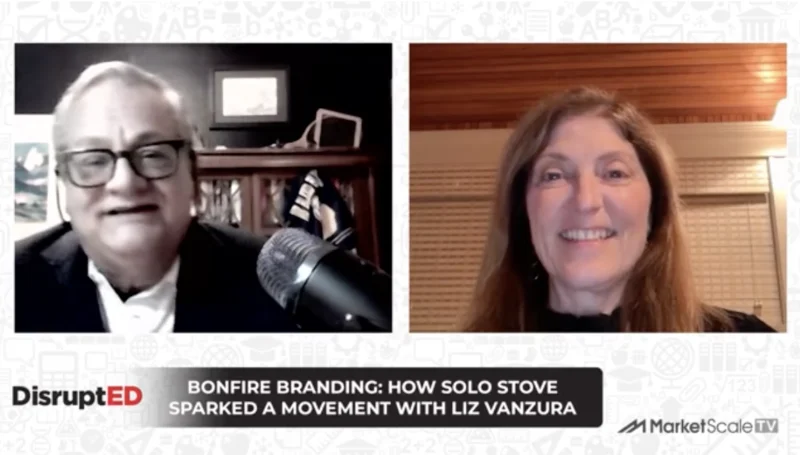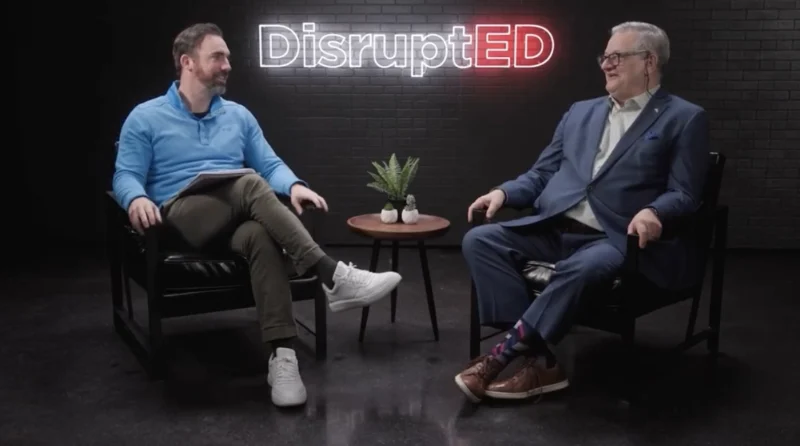Disrupting Higher Ed Through Career Alignment with Stephanie Tsales at Instride
The labor market is evolving quickly and traditional higher education faces increasing pressure to demonstrate real-world value. According to Strada Education Network, just 63 percent of college graduates feel their education was worth the cost. With shifting learner expectations and growing employer demand for work-ready skills, universities and employers are confronting a critical question: How can higher education better align with workforce needs to support long-term learner success?
That question sits at the center of this latest episode of DisruptED, hosted by Ron J. Stefanski and guest host Darin Francis, CEO and Managing Partner at Harbinger Lane. Their guest, Stephanie Tsales, Vice President of Strategic Partnerships at InStride, provided some insights on how corporate learning partnerships, nontraditional credentials, and strategic education benefits are redefining career pathways and closing long-standing gaps between academia and employment.
The key topics of conversation were…
- The emphasis on the need to expand beyond traditional degrees by offering stackable, skills-based learning options, such as bootcamps, English language learning, and high school completion, to accommodate the diverse needs of working adult learners.
- Tsales described how InStride works with corporate partners to tailor learning programs to real-time business needs, using curated offerings to help workers gain competencies for emerging roles—particularly those at risk of automation.
- She also discussed the persistent misalignment between university leaders who believe graduates are job-ready and employers who disagree, and how InStride serves as a strategic intermediary to bring both sectors into alignment.
Stephanie Tsales brings over two decades of experience as a change agent in higher education. Before joining InStride, she played a pivotal role in university partnerships at Deltak, later acquired by Wiley, where she championed online program development long before it became mainstream. At InStride, she now leads strategic partnerships that help corporations provide transformative education benefits aligned with workforce goals.
Article written by MarketScale.




